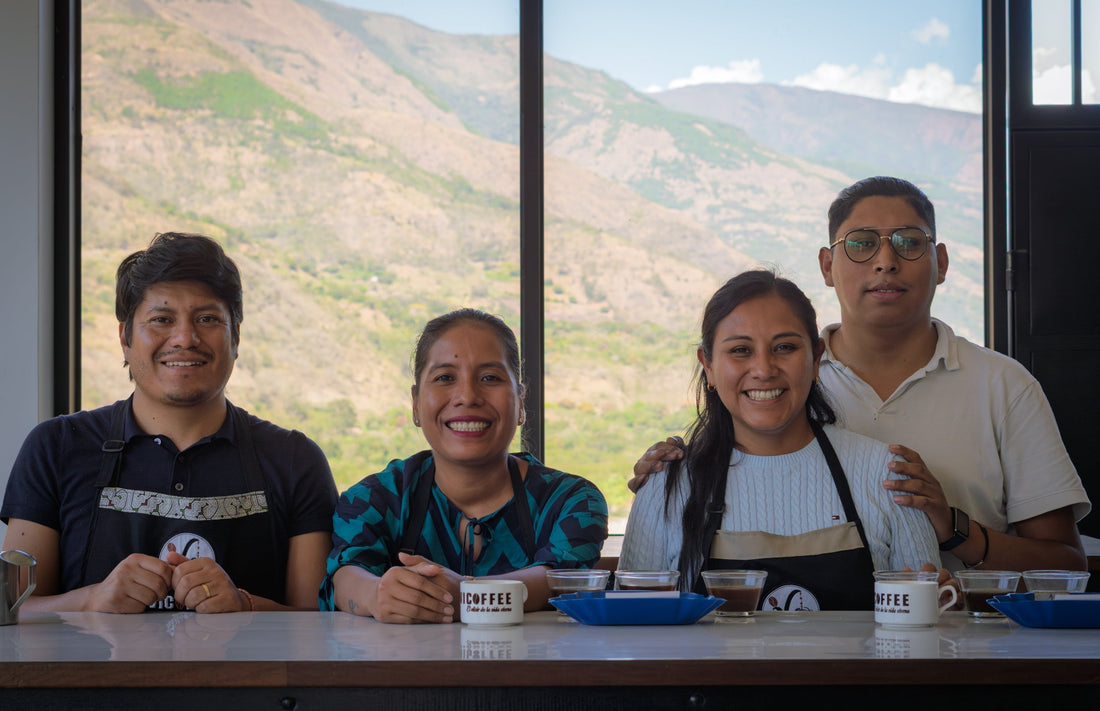Peruvian specialty coffee: what makes it unique and how it's transforming the way we drink it
In recent years, specialty coffee has ceased to be the exclusive domain of baristas and tasters and has become a growing trend in Peru .
What is specialty coffee and why does it matter?
According to the Specialty Coffee Association (SCA) , a specialty coffee must score more than 80 out of 100 points and have a maximum of five defects in a 350g sample of green coffee. This evaluation is performed by a certified cupper ( Q-Grader ), who identifies clean aromas, complex flavors, and a well-rounded mouthfeel.
This type of coffee is also recognized by its history. It's a coffee with a face: that of the producer who carefully cultivates it, that of the roaster who enhances its qualities, and that of the barista who serves it with knowledge.

In Peru, more than 75% of coffee is produced between 1,000 and 1,800 meters above sea level , where the beans ripen slowly and are rich in sugars. We are also a leader in organic coffee, with 90,000 certified hectares and more than 233,000 coffee-growing families in 16 regions.
These families aren't just growing an agricultural product: they're keeping a tradition and a local economy alive . In 2024, Miguel Padilla , from Cajamarca, won first place in the Cup of Excellence Peru competition with 90.54 points. The previous year, Yoniser Mego , also from Cajamarca, scored over 90 points.
Growing Together: Coffee, Culture, and Consciousness
Although per capita consumption in Peru remains low (950 g/year compared to 2.5 kg in Colombia or 6 kg in Brazil), something is changing . In the last five years, Lima, Arequipa, Cusco, and other cities have experienced a boom in specialty coffee shops .

More and more Peruvians are seeking coffee by origin, trying methods like the V60, Chemex, or French press, and connecting with the story behind the cup.
When you pay more for a well-processed grain, the profit goes directly to the producer , who can reinvest in controlled fermentation, solar dryers, or education for their children.
The role of Cosecha in this transformation
At Cosecha , we believe that each cup can be a bridge between the grower and the enjoyer, between the farm and the city.
Every cup served here helps more coffee-growing families maintain sustainable practices and receive fair pay.


